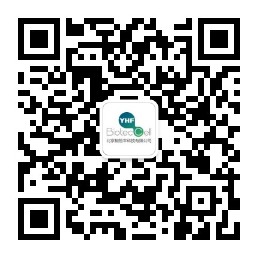Interleukin-4 (IL-4), also known as B-cell stimulatory factor1 (BSF1), is an immuno-modulatory cytokine, which can inhibit the growth of tumor cells.1 The human cDNA contains a single open reading frame encoding a protein of 153 amino acids, including a putative signal peptide. IL-4 may act as an autocrine growth factor in pancreatic cancer cells and also give rise to the possibility that cancer-derived IL-4 may suppress cancer-directed immuno-surveillance in vivo in addition to its growth-promoting effects, thereby facilitating pancreatic tumor growth and metastasis.1 The mouse and human genes and their protein products show structural and functional similarities. The human IL-4 gene, which occurs as a single copy in the haploid genome, is mapped on chromosome 5.2. The standard product used in this kit is recombinant human IL-4, consisting of 130 amino acids with the molecular mass of 14KDa.
ScienCell's human IL-4 ELISA Kit is based on standard sandwich enzyme-linked immune-sorbent assay technology. Human IL-4-specific polyclonal antibodies are precoated onto 8 x 12 strips. The human specific detection monoclonal antibodies are biotinylated. The test samples and biotinylated detection antibodies are subsequently added to the wells and then washed with PBS or TBS buffer. Avidin-Biotin-Peroxidase Complex is added and unbound conjugates are washed away with PBS or TBS buffer. HRP substrate TMB is used to visualize HRP enzymatic reaction. TMB is catalyzed by HRP to produce a blue color product that changes into yellow after adding acidic stop solution. The intensity of yellow is proportional to the amount of human IL-4 in the sample that is captured in the strips.
| 货号 | EK0404 |
| 产地 | 美国 |
| 缩写 | h IL-4-ELISA |
| 规格 | 96 tests |
| 用途 | 科研 |
| 储存 | 4度 |
| 运输 | 胶冰 |























